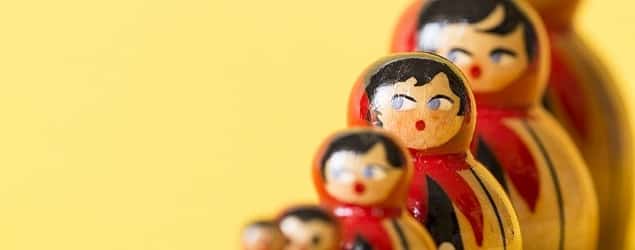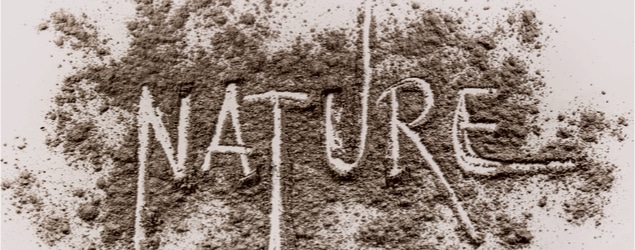When I Think of Genetic Engineering, Crippling Humanity Doesn’t Come to Mind

When I think of the future of genetic engineering, I imagine new and innovative varieties of food. I envision crops that practically grow themselves come rain or come shine. I hope for foods that are specifically tailored to an individual’s nutritional needs, apples that don’t turn brown when sliced or perhaps even a grocery store tomato that actually tastes good. In the field of medicine, I imagine cancer treatments, human hormones and other rare substances brewed up by genetically engineered bacteria at the touch of a button. Someday maybe we will even have the ability to cure human diseases on the genetic level.
One thing I never imagined is using the technology of genetic engineering to cripple mankind.
Perhaps that’s because of my inability to “think outside of the box.” But that’s exactly what scientist and future imaginer Dr. Matthew Liao, director of the Bioethics Program at New York University, has dreamt up according to a BBC Future article on the subject.
Dr. Liao suggests that a forward-thinking individual with the goal of becoming a “greener human” could genetically engineer himself, (or perhaps his unborn children) to “reduce their impact on the environment.” Specifically, Liao suggests engineering shorter humans that hate beef.
After all, the article reminds us, a larger body mass requires more food and water and more of the Earth’s other precious resources. And as just about any environmentalist is quick to point out, our love of beef means more cattle which take up copious resources to produce and which “pollute” the air with their flatulence.
“We can artificially induce intolerance to red meat by stimulating the immune system against common bovine proteins,” says Liao. That essentially means controlling people’s eating habits by making them allergic to hamburgers. On purpose.
“We’re not suggesting that we should mandate these ideas, but it would be good to make them options for people,” says Liao.
The ideas on how to fix humans stemmed from thinking about ways to combat climate change. Noticing that too many were focusing on ways to improve the world, Liao and his team of researchers went directly to the root of what they see as the problem: human beings.
“But what if instead of trying to fix the world, we fixed ourselves?” the article muses.
There is just one, glaring, tall beef-eating elephant human in the room. According to environmentalists, there is no truly green human, no matter how tiny and vegetarian. Even a population of short, legume-munchers will need to make use of nature’s resources to further their lives. And as long as people continue to have an impact on nature, they will continue to be attacked by environmentalists seeking to preserve nature untouched by humans.
Everything that humans do to further their lives will involve the movement and use of resources. And it is exactly this that makes human life great. By using our minds to solve problems, we have eradicated disease, created clean food and drinking water and generated an industrial infrastructure that means we can move foods and medicines to where they are needed. We enjoy indoor living spaces in buildings built with cheap energy, safe and secure from sweltering heat waves and bitter cold nights. Automobiles and airplanes take us swiftly from point A to point B. And the technology of genetic engineering has meant more plentiful food protected from insects and weeds in the field. It has also meant more plentiful medicine without the threat of shortages. Using the same technology that makes our lives better to cripple ourselves is a horrific notion.
Liao’s idea may seem radical, but it really isn’t all that unexpected. Environmentalists have told us for years that people are the problem. Documentary films fantasize about the world without humans, and we are told at every turn that cutting back or having “less impact” is the moral thing to do, no matter the consequences. That Liao has found a new way to sacrifice ourselves to the Earth isn’t shocking. This is just the latest (and a particularly masochistic form) of man-hating.



